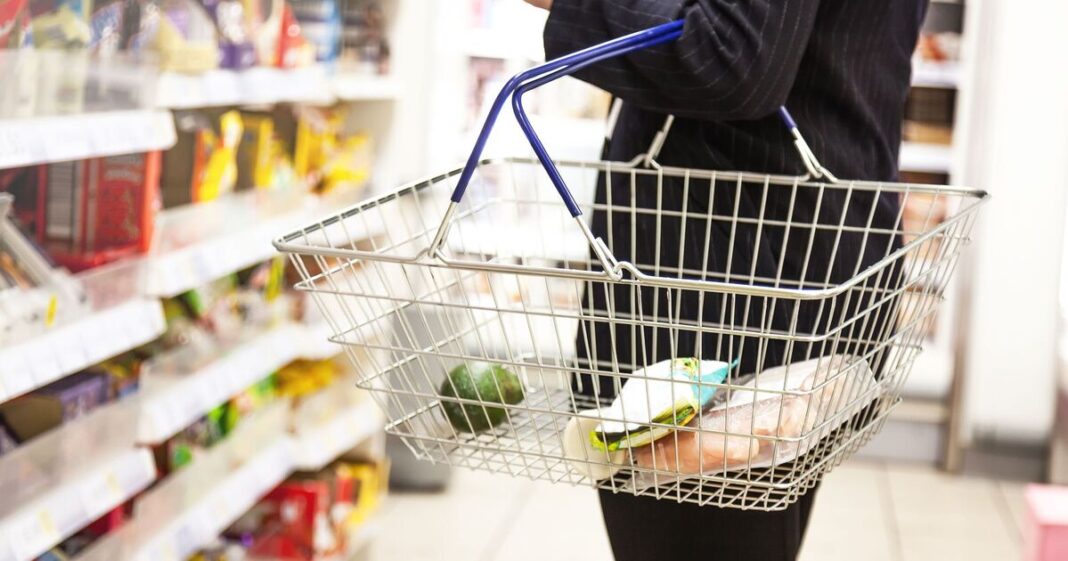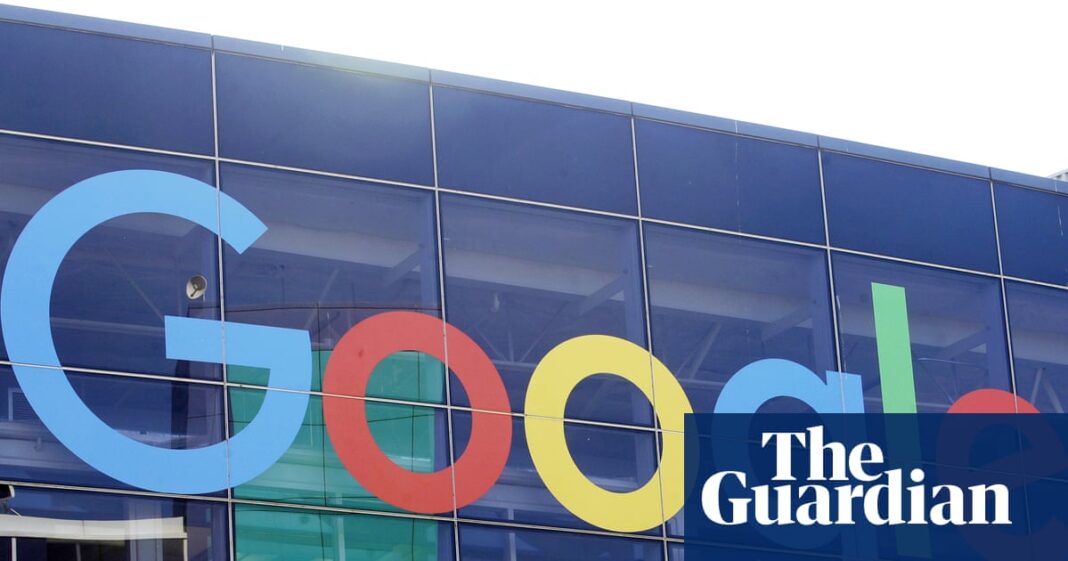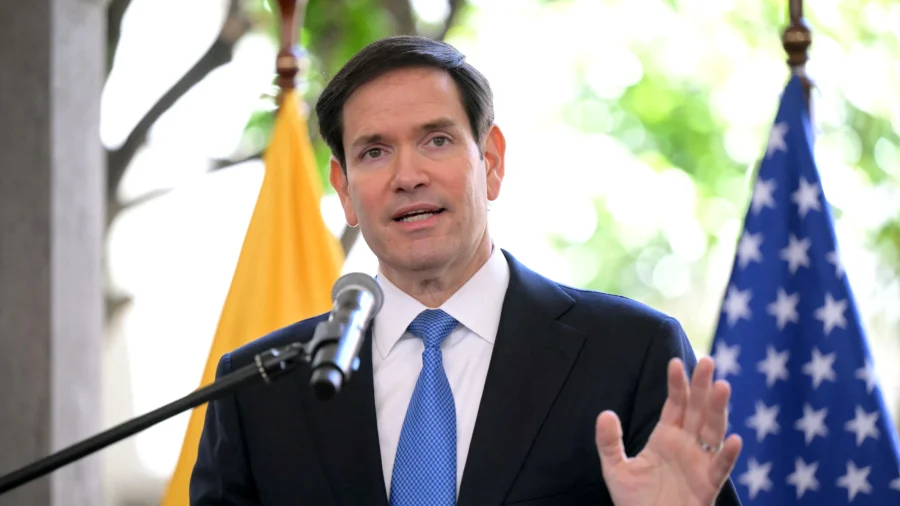Food and drink inflation is being predicted to soar as the head of Aldi urges Chancellor Rachel Reeves to avoid hiking costs for employers in the upcoming Autumn Budget. The Food and Drink Federation (FDF) said the inflation could climb to 5.7% by the end of year due to cost pressures on manufacturers “trickling down” to supermarket shelves.
The leading industry body said current prices were “steeper than anything in recent decades”. The group, whose members make a quarter of all food and drink sold in the UK, increased its inflation outlook as a result of growing cost pressures. It is now projecting inflation to reach 5.7% by December, having previously forecast the rate to be at 4.9% in September and 4.8% in December.
The group’s analysis of longer-term trends found that between January 2020 and July 2025, food and non-alcoholic drink prices increased by 37% — compared with 28% for overall prices.
It found that some products have seen particularly steep increases, such as sugar rising by 56%, whole milk by 46% and cheese by 31%.
The FDF said UK food inflation has been higher than other European countries in recent months, including France, Germany and Spain, indicating that domestic policies have played a key part.
It pointed to a higher rate of employer National Insurance and new packaging taxes weighing heavily on the sector which was echoed by Aldi UK chief executive Giles Hurley.
He urged the Government to avoid rising costs for retailers in the Autumn Budget on November 26, warning it could “find their way” into food prices.
Mr Hurley said inflationary pressures affecting shoppers were “persistent and urgent”.
Looking ahead to the Budget, he said the retail industry “has been really clear that we would strongly advise that any policies and measures that are adopted don’t add costs to business operations because of the risk that they can find their way through to the food sector”.
Mr Hurley added the “ripple effect” could affect consumer confidence.
He said Aldi is “more popular than ever”, with shoppers increasingly switching to make it their regular supermarket as they seek lower prices.
Aldi is Britain’s cheapest supermarket, having regained the top spot from Lidl in August, according to monthly analysis of the UK’s eight biggest supermarkets by Which?.
It reported total sales of £18.1 billion in the UK and Ireland over 2024, up from £17.9 billion in 2023, after opening a swathe of new stores during the year.
However, operating profits fell by about a fifth to £435.5 million from £552.9 million the year earlier.
It said this was largely because of its spending on lowering prices for customers, investing in shops and raising pay for staff.
Aldi has announced a further £1.6 billion of investment to accelerate its UK supermarket expansion – with 80 openings in the pipeline over the next two years.


